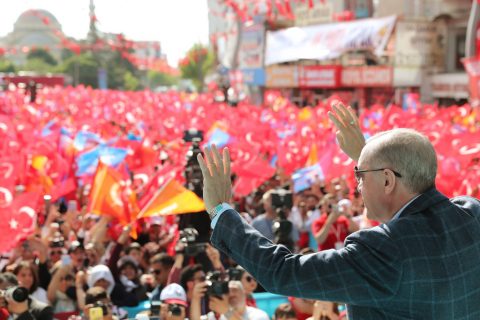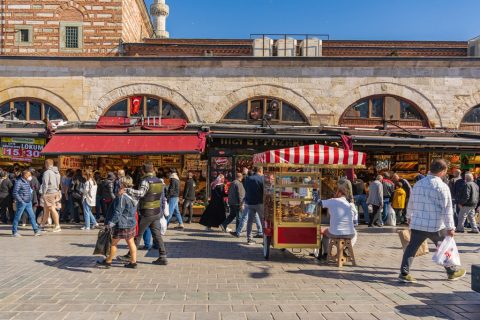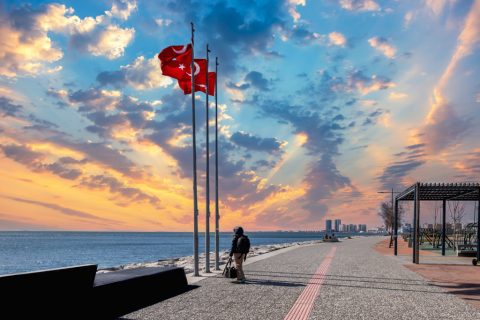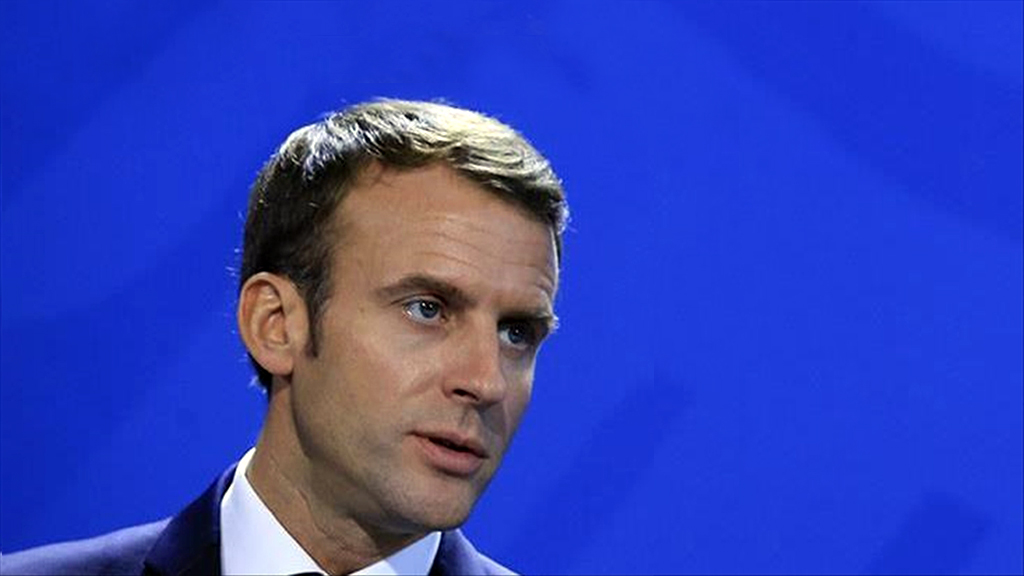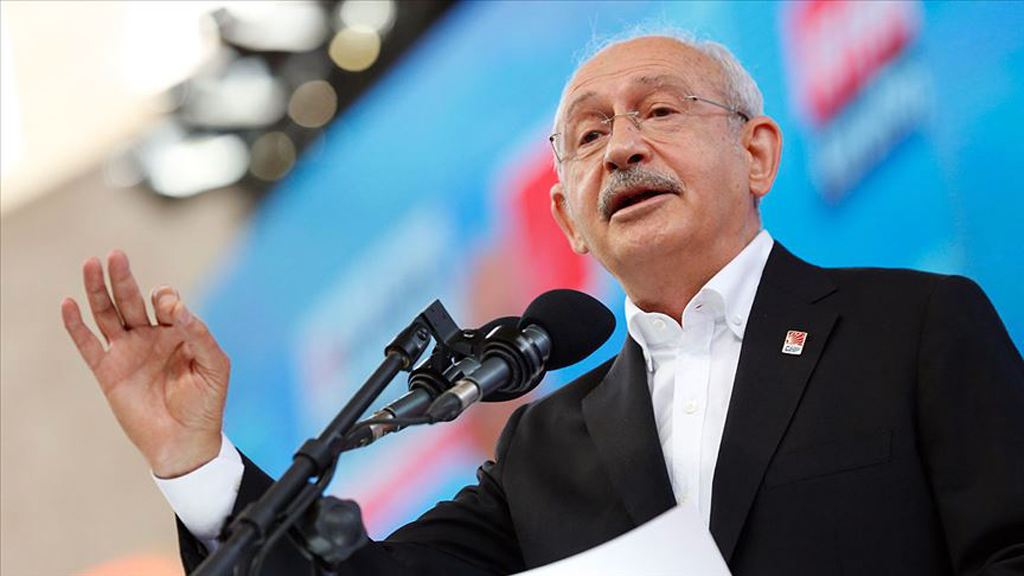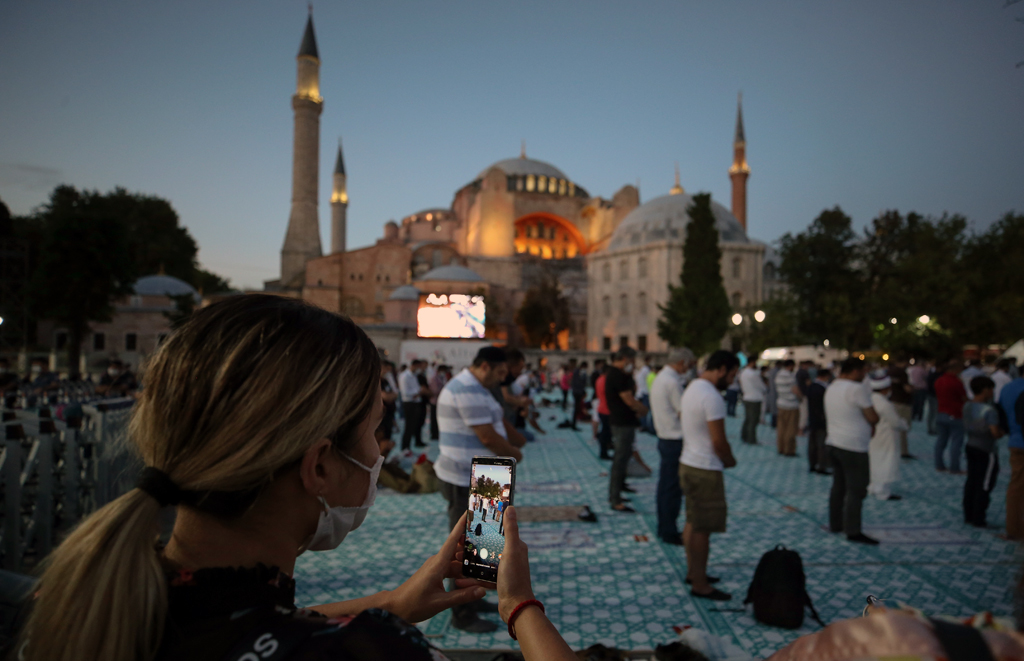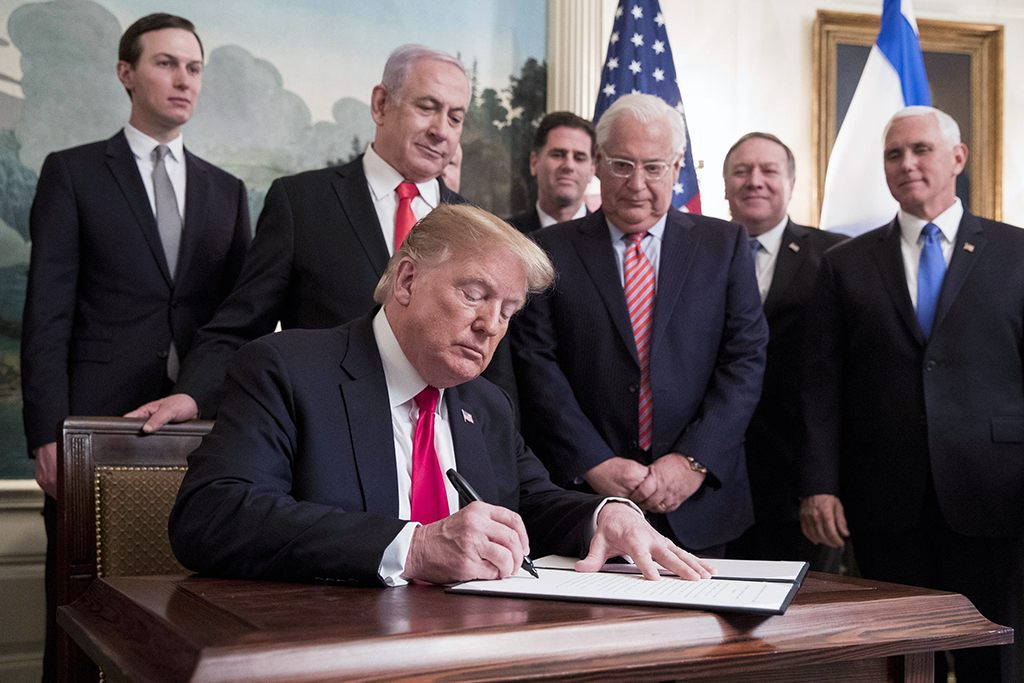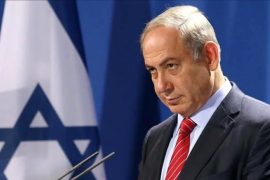Identity Politics
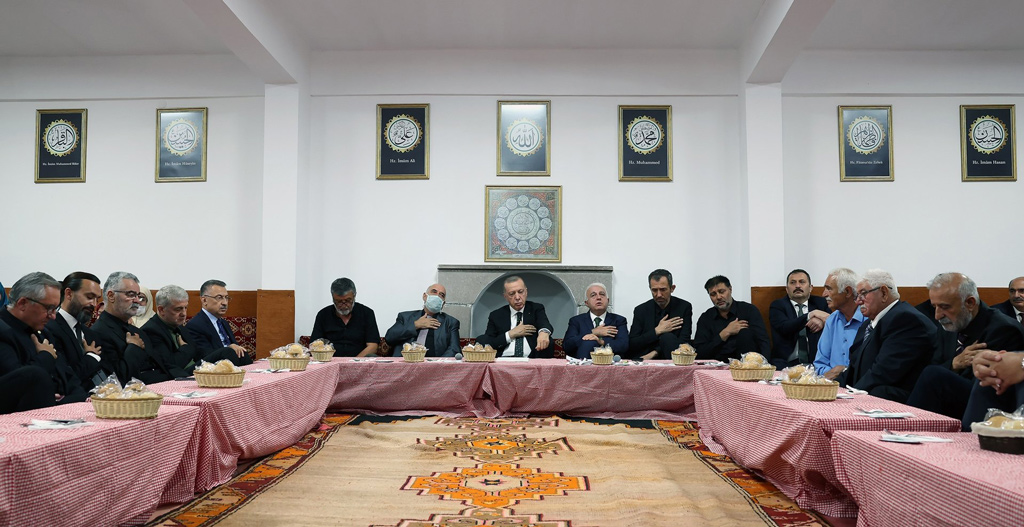
Alevis, identity politics and election strategies
| OpinionAs next year’s election draws closer, many issues in Turkish politics tend to become politicized. …
-
Opinion
Identity politics or national identity debate?
By Burhanettin DuranTurkey never ceases to debate 'identity politics' around elections. In previous elections, political parties tapped into distinctions between religious and secular citizens, Sunnis and Alevis, or Turks and Kurds, in open or veiled manners, to influence voters.
-
Opinion
Turkish opposition’s roundtable fails to excite electorate
By Burhanettin DuranAlthough election day is approaching, the opposition bloc in Turkey, with their 'roundtable meetings,' cannot come up with a convincing agenda to excite the electorate
-
Opinion
Debates on AK Party, center-right and identity politics
By Burhanettin DuranTurkey is at a time and place where neither the People’s Alliance nor the opposition can view the 2023 elections as a done deal
Bu Konuda Daha Fazla
-
French Muslims accuse Macron of dividing society
By Enes BayraklıIt’s a joke when President Macron says ‘We are one’ while excluding Muslims, human rights activist tells Anadolu Agency
-
Turkish opposition in search of politics
By Burhanettin DuranOnce again, Turkey’s main opposition Republican People’s Party (CHP) leader, Kemal Kılıçdaroğlu, started a new debate over early elections. This time around, he urged Nationalist Movement Party (MHP) Chairperson Devlet Bahçeli, whose movement is part of the pro-government People’s Alliance, to say “enough is enough” and lead the country to elections. Kılıçdaroğlu’s message was an obvious, yet timid, response to Bahçeli’s earlier call on the Good Party’s (IP) Meral Akşener to return home. Former Finance Minister Ali Babacan, who currently chairs the Democracy and Progress Party (DEVA), echoed the same sentiment, in a meeting with Kılıçdaroğlu and claimed that Turkey’s current system of government would not last until June 2023.
-
Who are Kılıçdaroğlu’s friendly advisers?
By Burhanettin DuranThe Republican People’s Party’s (CHP) 37th Congress resulted in the strengthening of the already dominant politician, Chairman Kemal Kılıçdaroğlu, as he attempts to reshape the movement. Over the last decade, the main opposition leader has failed in every election yet increased his party’s ability to ally itself with his counterparts of choice with every passing day.
-
The resurrection of Hagia Sophia
By Burhanettin DuranThe Hagia Sophia Grand Mosque's reopening, an embodiment of Turkey’s free will, could not have been possible without Erdoğan’s leadership and the Turkish people’s confidence in him. Hagia Sophia’s "resurrection" has become a symbol of Turkey’s efforts to become a prominent player in the international arena. A missing piece of our national identity has thus been put back in place. No politician would ever dare to reverse this decision as long as Turkey remains a democracy.
-
A toxic mix of white supremacy and Christian Zionism
By Burhanettin DuranAll eyes in Turkey are set on this month's municipal elections, yet a significant transformation is underway in the Middle East. U.S. President Donald Trump, whose Jerusalem move drew ire, recognized Israel's annexation of the Golan Heights in a radical overhaul of U.S. foreign policy.
